Before you leave...
Take 20% off your first order
20% off
Enter the code below at checkout to get 20% off your first order
30% off
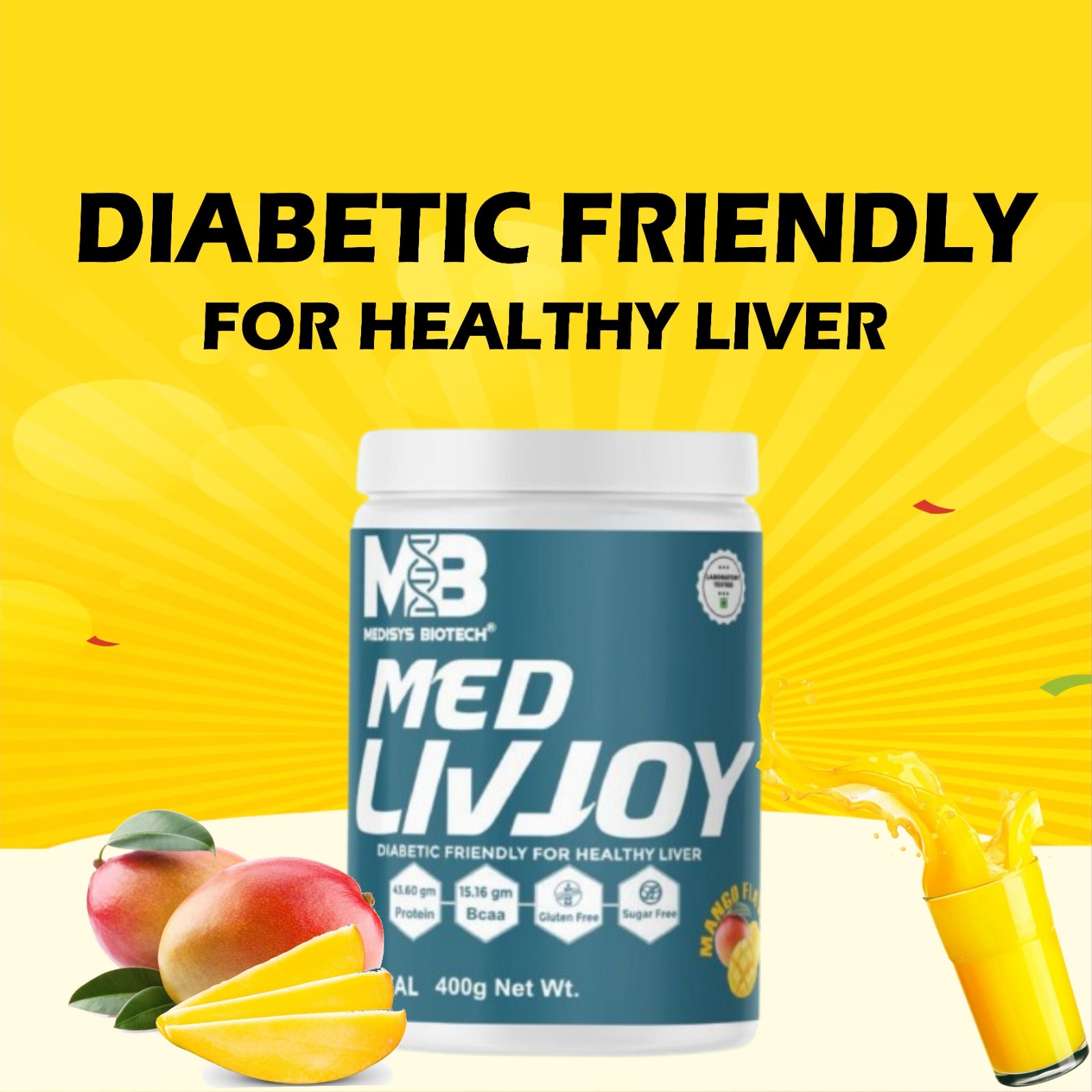
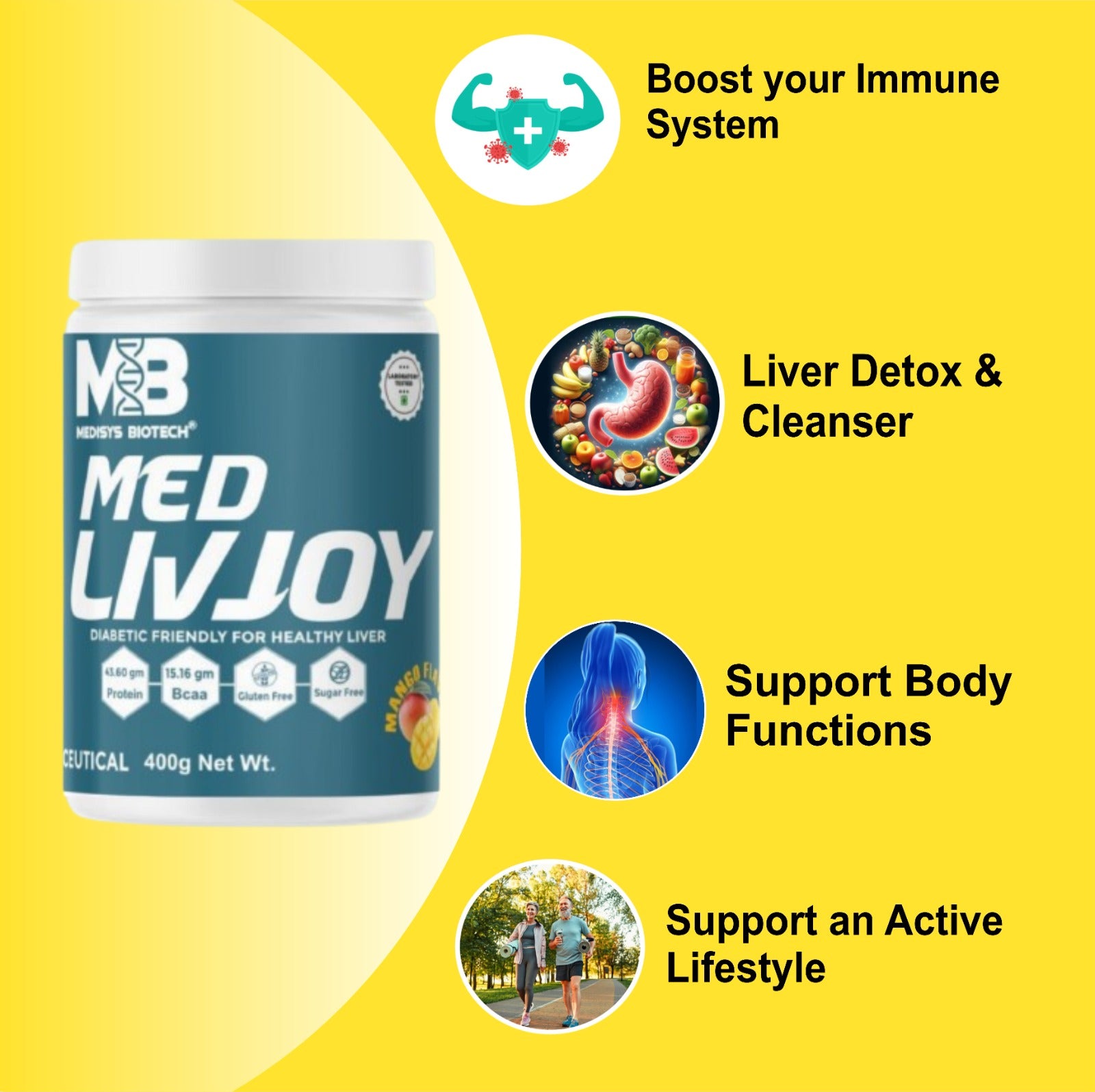
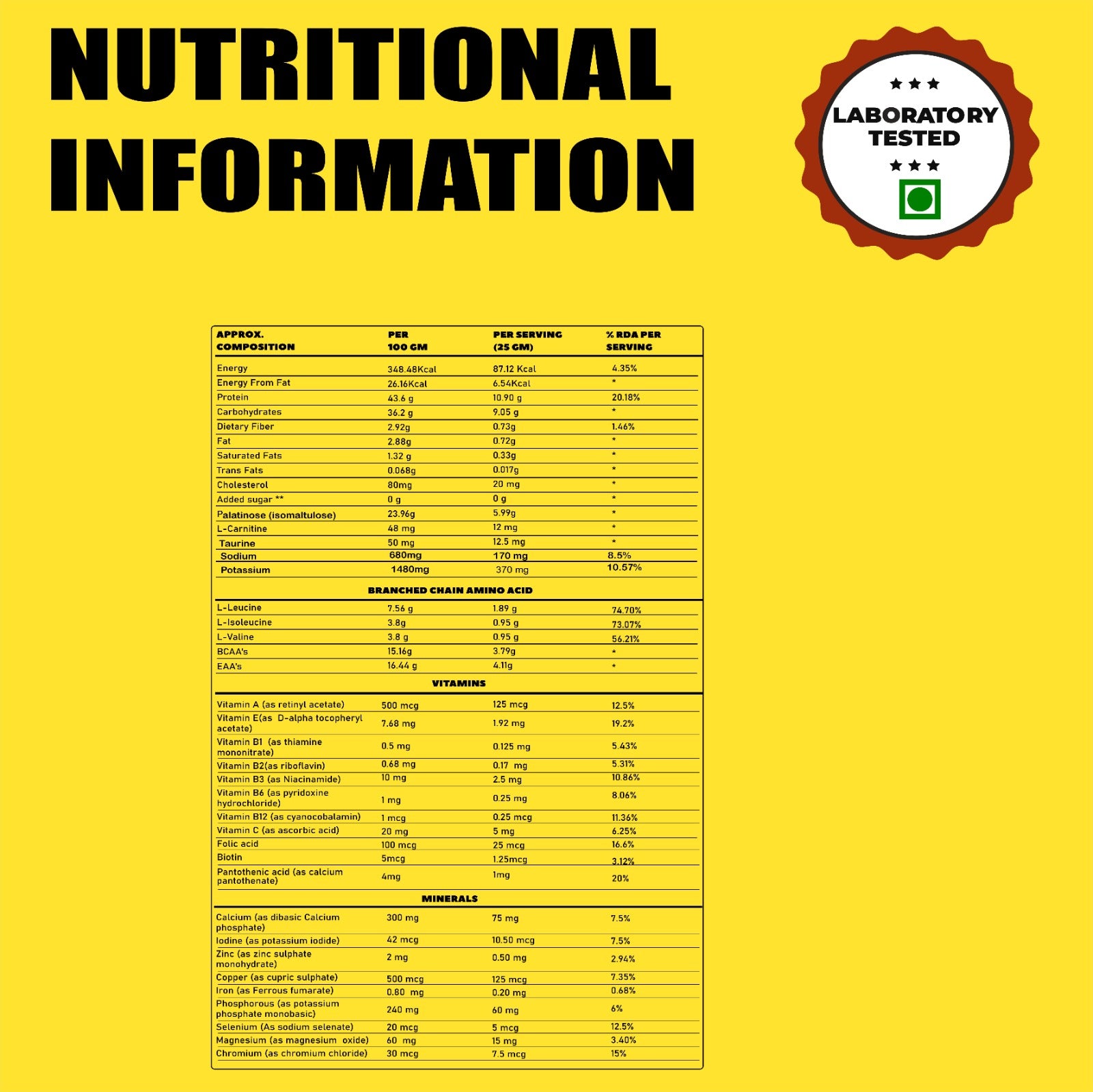

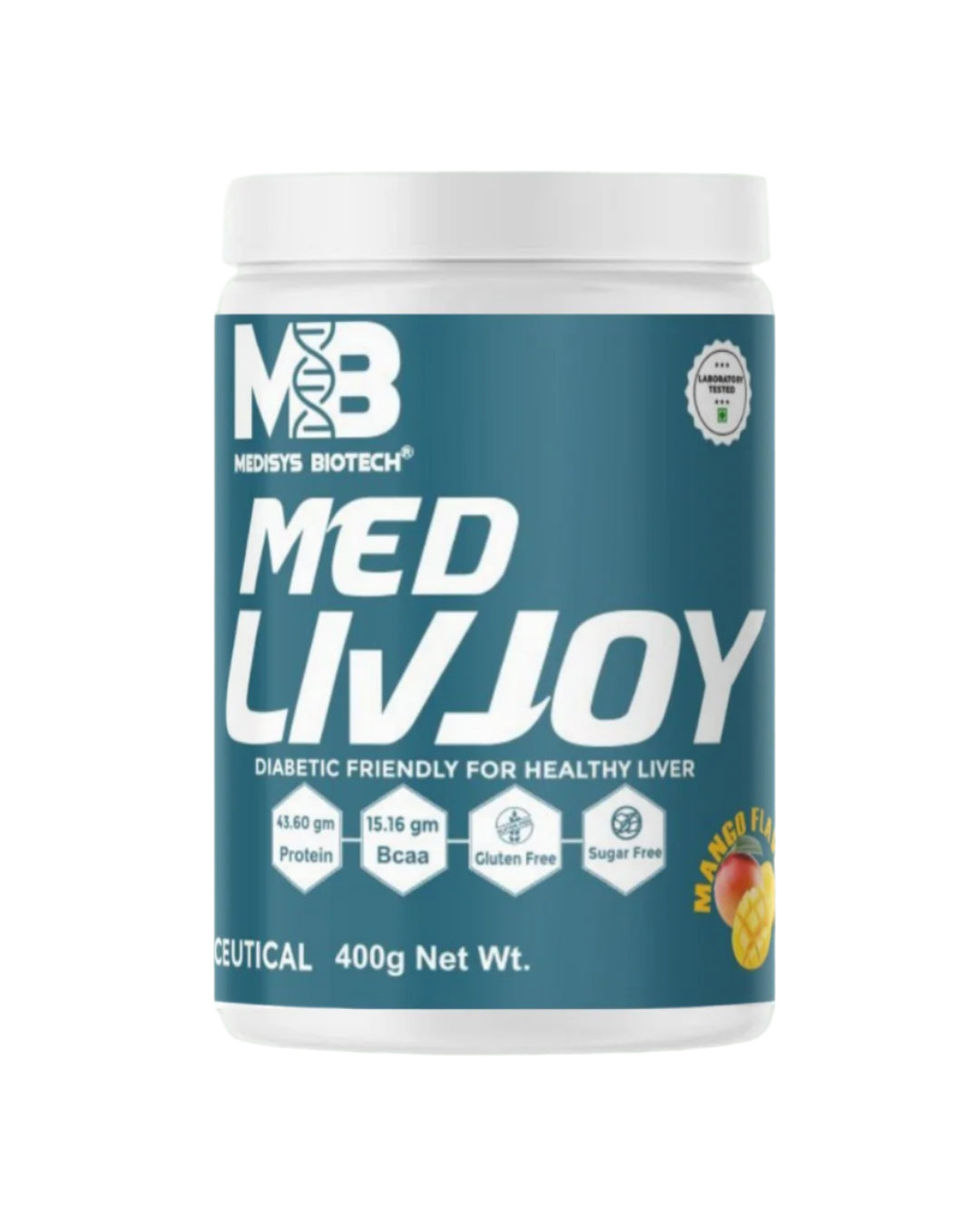
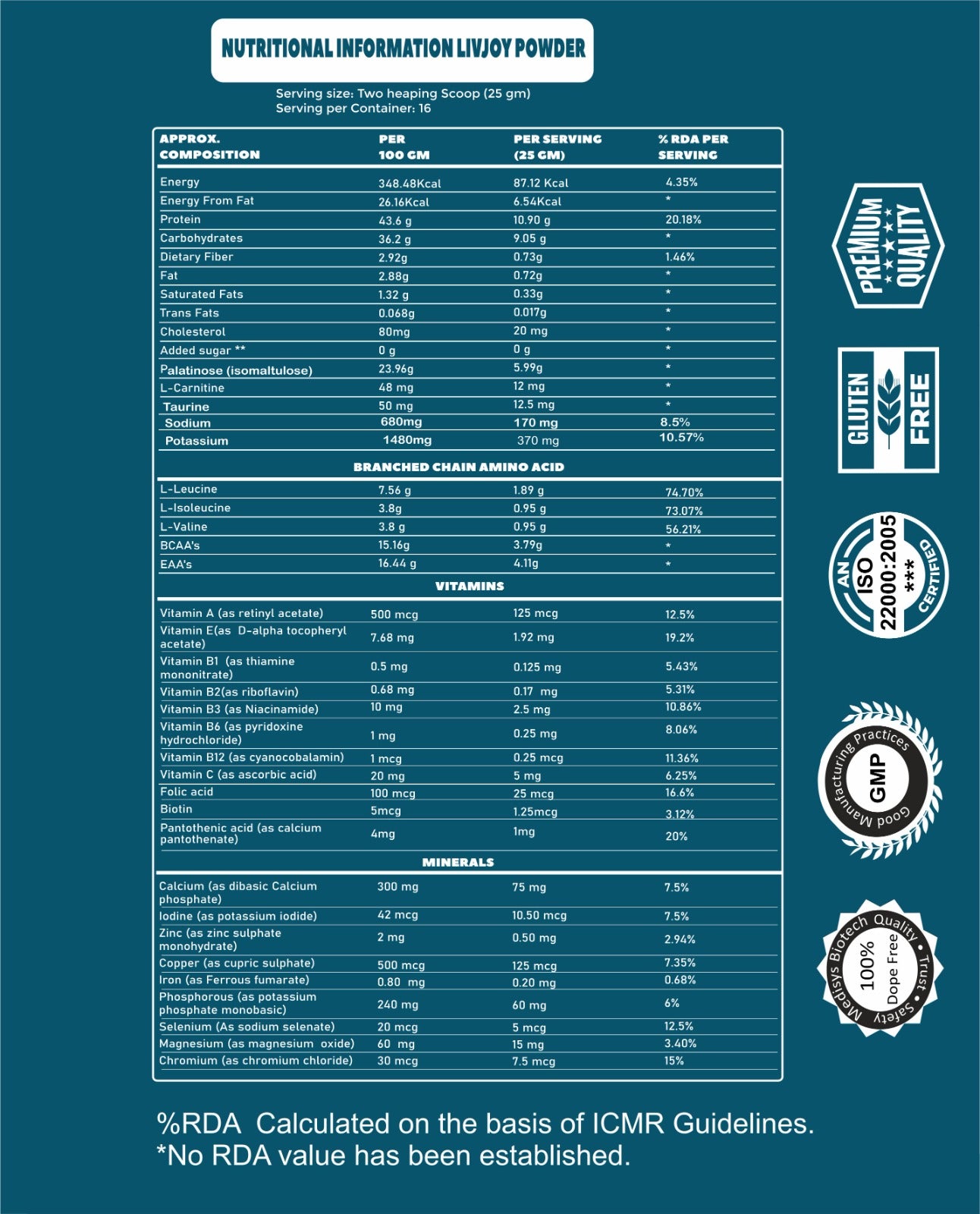
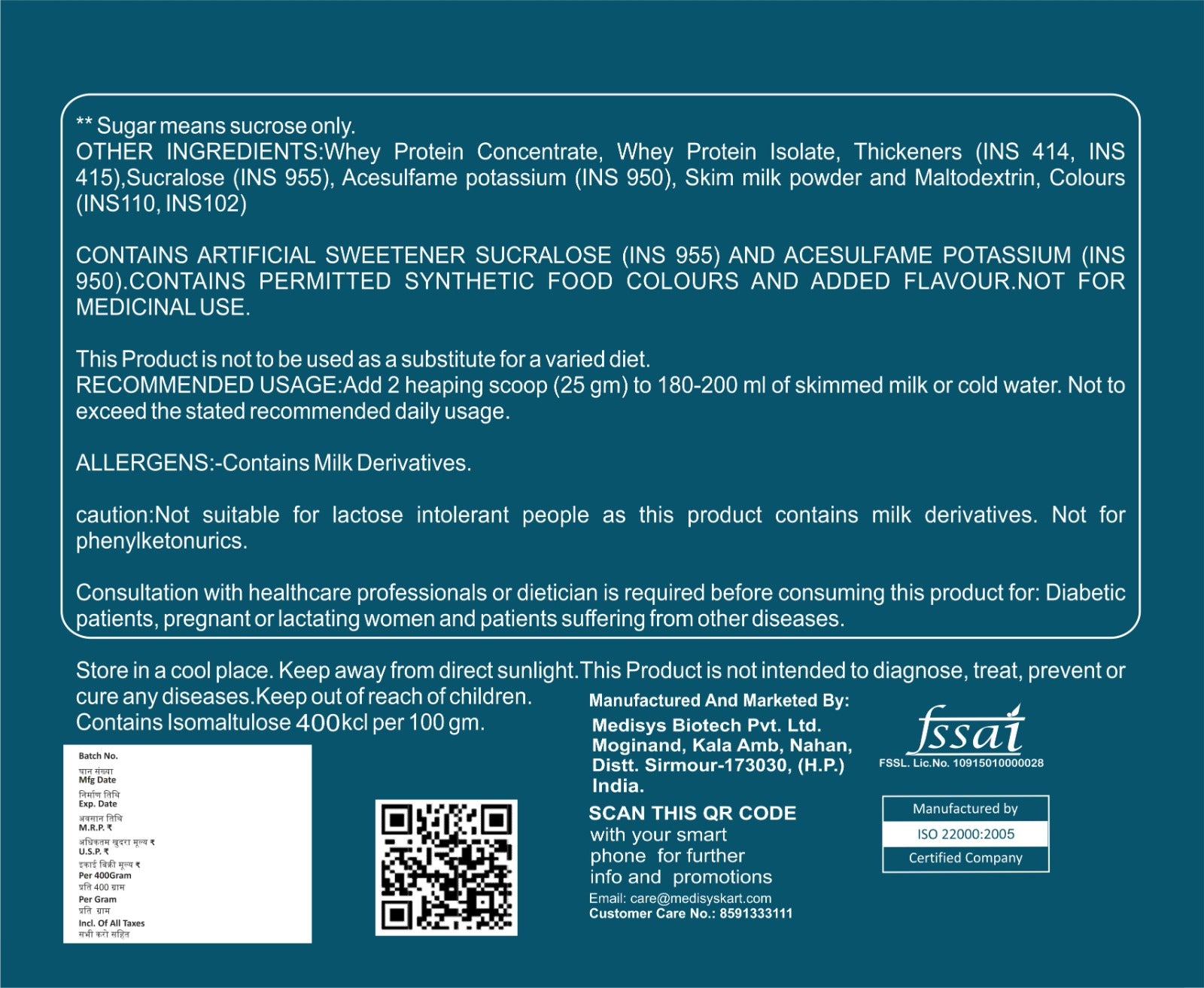
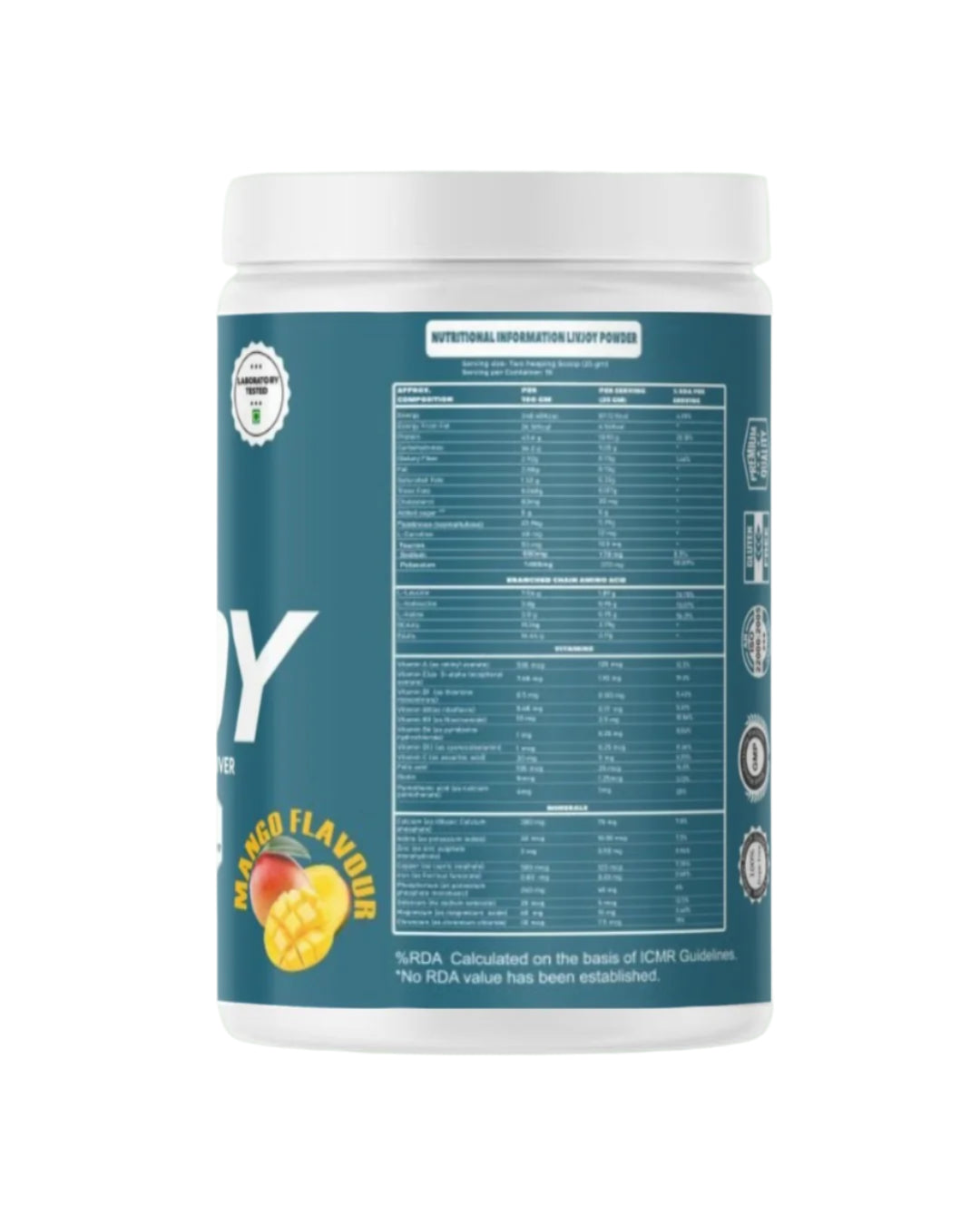
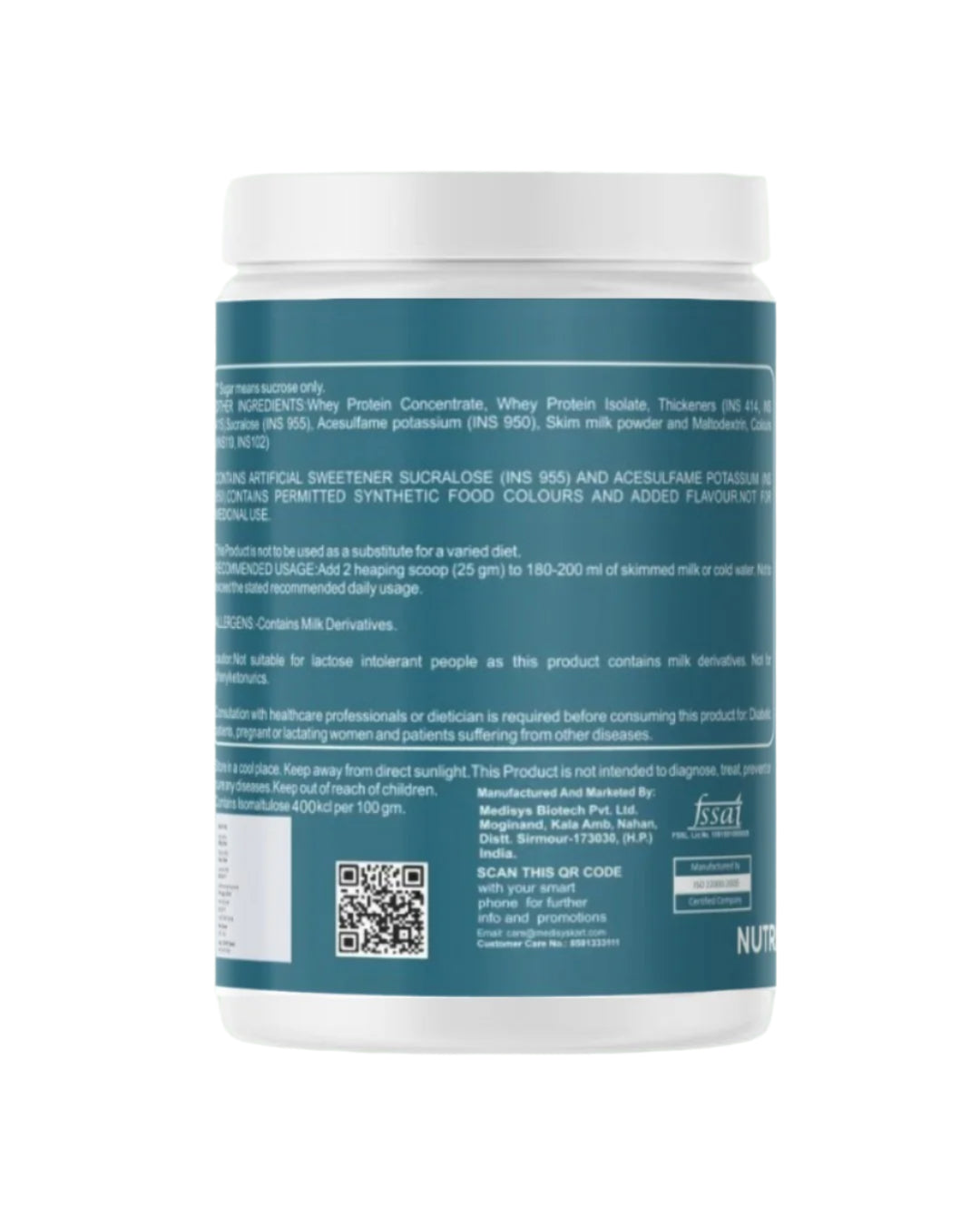
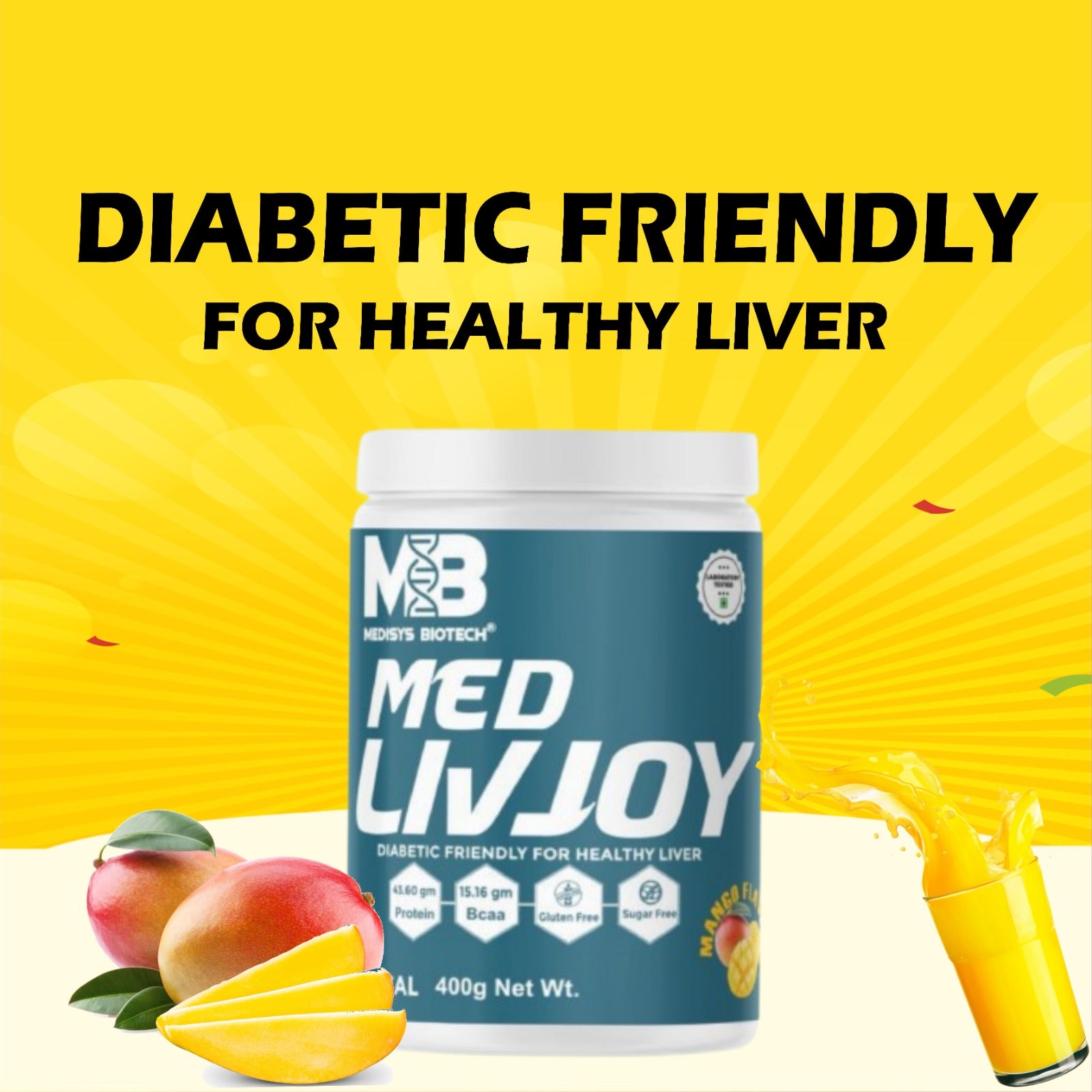
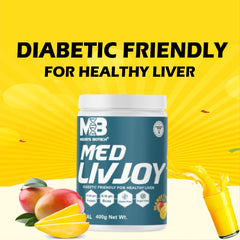
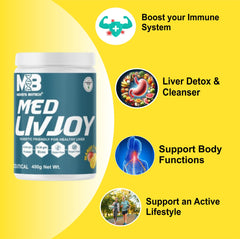
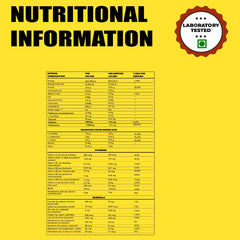

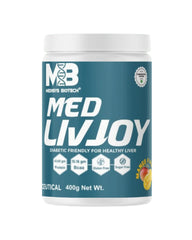
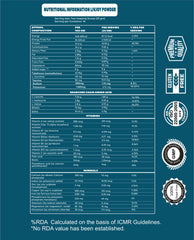
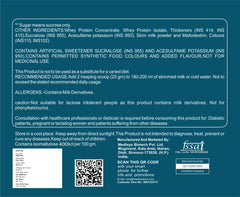
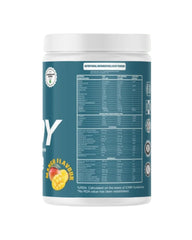
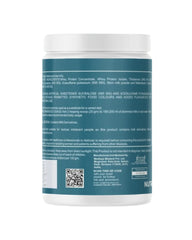
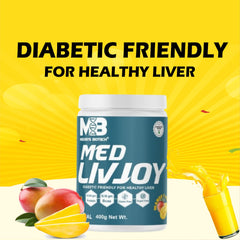





Couldn't load pickup availability
Livjoy is a dietary supplement designed to support liver health and well-being. Here's a detailed overview:
1. Supports Liver Detoxification: Helps remove toxins and waste products from the liver, promoting healthy liver function.
2. Protects Liver Cells: Antioxidant properties protect liver cells from damage caused by free radicals and oxidative stress.
3. Promotes Liver Regeneration: May help promote liver regeneration and repair, supporting overall liver health.
4. Supports Digestive Health: Helps support digestive health, reducing symptoms of bloating, gas, and indigestion.
5. Boosts Energy: May help increase energy levels, reducing fatigue and lethargy.
1. Individuals with Liver Concerns: Those with liver disease, fatty liver, or liver damage may benefit from Medisys Livjoy.
2. Individuals with Digestive Issues: Those experiencing digestive issues, such as bloating, gas, or indigestion, may benefit from Medisys Livjoy.
3. Individuals Looking for a Liver Detox: Those seeking a natural liver detox may benefit from Medisys Livjoy.
1. Consult a Healthcare Professional: Before taking Medisys Livjoy, consult with a healthcare professional, especially if you have any underlying medical conditions or take medications.
2. Follow Recommended Dosage: Adhere to the recommended dosage and instructions for use.
3. Interactions with Medications: Medisys Livjoy may interact with certain medications, such as blood thinners, diabetes medications, and blood pressure medications
LIVJOY helps maintain the liver's detoxification process, promoting a healthier liver by aiding in the breakdown and removal of harmful substances from the body.
Promotes Liver Regeneration: The active compound silymarin in Milk Thistle supports the regeneration of liver cells and can assist in repairing liver damage, making it beneficial for individuals with liver stress or damage.
Improves Liver Function: By supporting bile production and improving digestion, LIVJOY contributes to the liver's ability to break down fats and process nutrients more efficiently.
Antioxidant Support: The supplement provides strong antioxidant protection to the liver, which helps reduce oxidative stress, a key factor in liver damage and inflammation.
Helps Prevent Fatty Liver Disease: The anti-inflammatory and liver-supporting properties of the ingredients may help in preventing or alleviating conditions like fatty liver disease.
Supports Digestive Health: By improving bile flow and reducing liver strain, the supplement aids in better digestion and nutrient absorption, enhancing overall digestive health.
Anti-Inflammatory Effects: The turmeric and other ingredients help reduce inflammation in the liver and other organs, contributing to better overall health.
The supplement is usually recommended to be taken as per the instructions on the packaging (typically with meals or as advised by a healthcare provider).
Consistency in taking the supplement, combined with a balanced diet and healthy lifestyle, can yield better results for liver support.
Ideal For:
Individuals looking to support or improve liver health.
People dealing with the effects of liver stress, fatigue, or digestive issues.
Those seeking a natural and holistic way to detoxify the body.
As with any supplement, it’s recommended to consult a healthcare professional before starting a new regimen, particularly for individuals with pre-existing liver conditions, taking other medications, or with any concerns regarding their health
Thanks for subscribing!
This email has been registered!
Take 20% off your first order
Enter the code below at checkout to get 20% off your first order